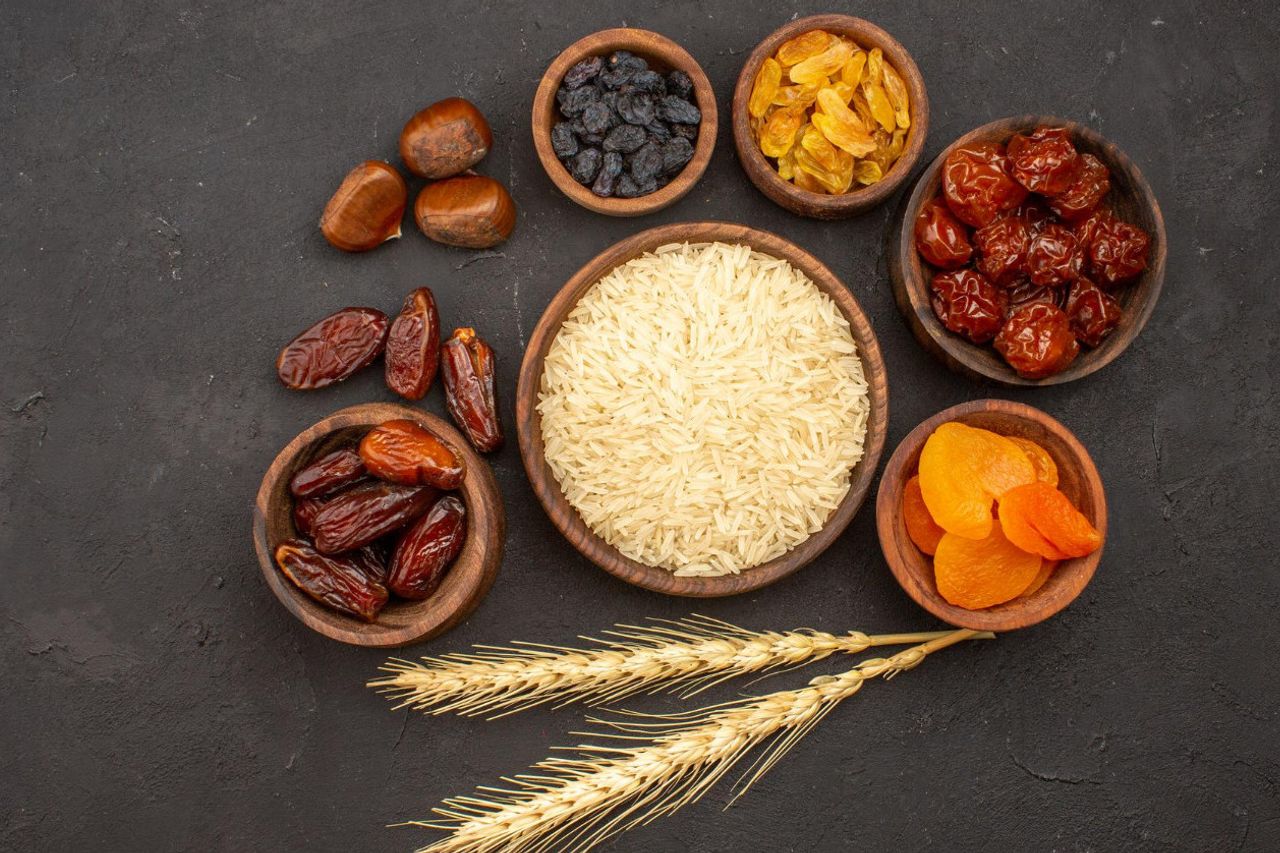Zakat Fidyah In The Form Of What And For Who? This Is The Complete Explanation

YOGYAKARTA Zakat Fidyah is the obligation to replace fasting by paying according to the abandoned fasting day. Fidyah, comes from the word fada which means replacing or redeeming. This is intended for people who are not able to perform fasting with certain criteria. Those who are not able, are allowed not to fast and do not replace it at other times. But instead or in exchange, they are required to pay fidiah.
Launching the official website of the National Amil Zakat Agency, Wednesday, April 10, the provisions regarding who may not fast and how the rules for paying fiddies are contained in the letter Al-Baqarah paragraph 184 as follows:
(that is) in certain days. So whoever of you is sick or on a trip (then he breaks), then (mandatory for him to fast) as many days are left behind on the other days. And it is obligatory for people who are hard to walk it (if they don't fast) to pay fidiah, (that is): feed a poor man. Whoever with willing to do good deeds, then that's better for him. And fasting is better for you to know. (QS Al Baqarah: 184)
According to the results written in the Qur'an above, fidyah is paid by feeding a poor person. Then who can pay fidiah to replace leaving fasting, among others as follows:
Zakat fidyah needs to be paid in the form of one mud staple food for each day of fasting that is left. In Indonesia, because the majority of staple foods are rice, the fidyah is in the form of rice. Referring to Sheikh Wahbah al-Zuhaili in the book al-Fiqih al-Islami wa Adillatuhu, one mud, if converted in grams, is 675 grams or 6.75 ounces. Meanwhile, according to the count of Sheikh Ali Jumah in the book al-Makayil Wa al-Mawazin al-Syar'iyah, one mud is 510 grams or 5.10 ounces.
According to Daraquthni's history of Ali bin Abi Talib and Ayyub bin Suwaid, Rasulullah SAW asked a man who had sex with his wife during the day to carry out a kaffarat or fasting fine for two consecutive months. However, because the man was unable to do so, he was then required to pay a fine of 1 araq (secret) containing 15 sha Dates. Each sha consists of 4 mud, which means having to pay 60 mud to the poor as a calculation of replacing fasting for two months.
SEE ALSO:
Fidyah is paid to people who are poor or poor. Zakat fidiah is paid for on that same day when it is unable to perform fasting or on the last day of Ramadan. It can also be paid after Ramadan. This payment time rule refers to the letter Al-Baqarah verse 184.
What about fidyah with money? Because fidiah is a compensation for my people as a substitute for fasting, then with this belief it can be paid in the form of money if it is more useful. According to Hanafiyah, fidiah can be paid in the form of money according to the conversion of staple food prices or ready-to-consume food prices.
That is the complete explanation of zakat fidiah. As for what kind and who is given, it can be adjusted to the situation in the nearest environment.


